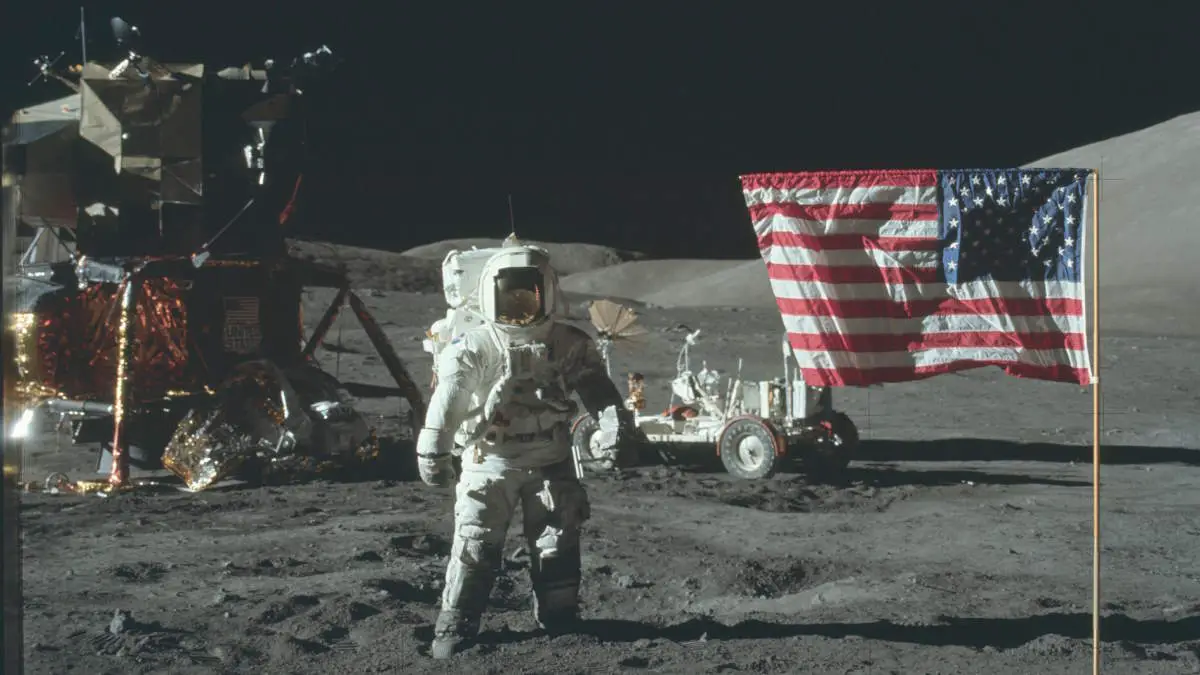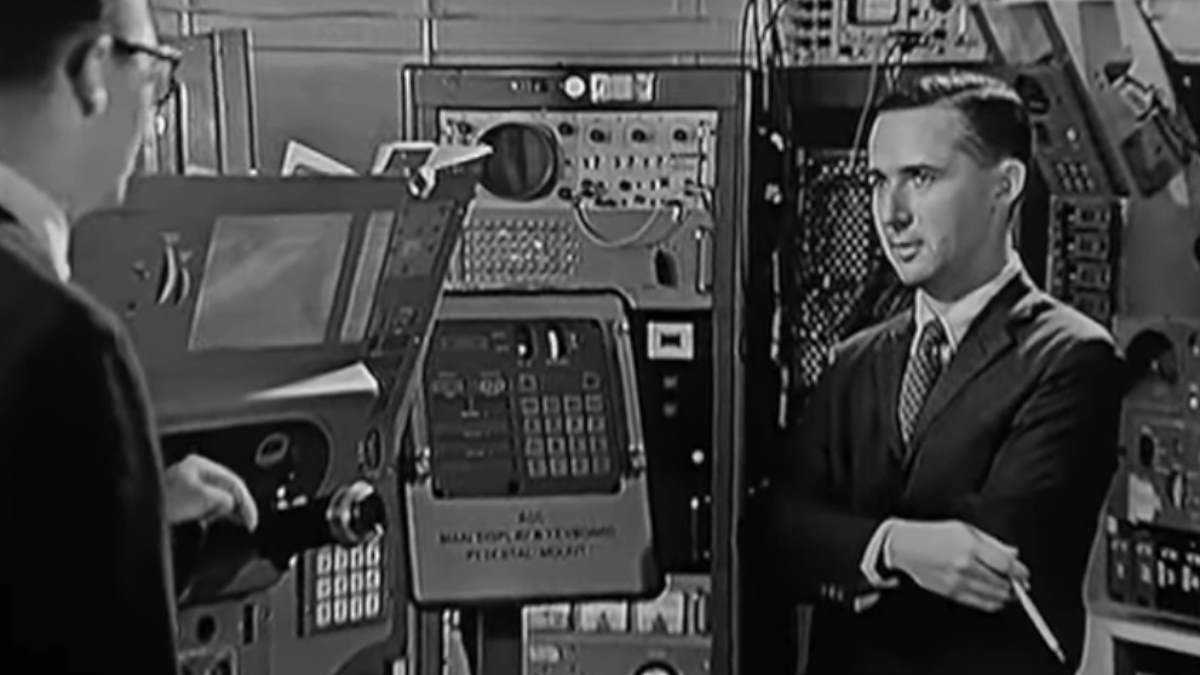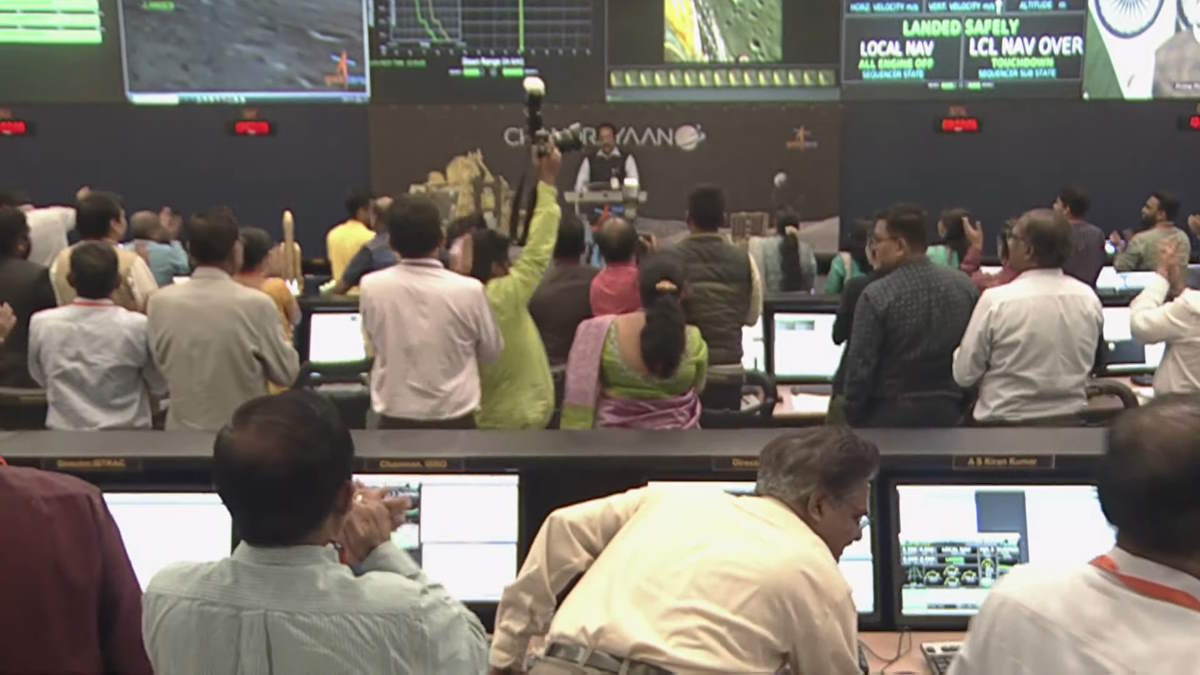In the history of Space Exploration, numerous space missions have been undertaken to study the Moon, the Earth’s natural satellite. Here’s the list of successful moon landings (crewed and uncrewed) with dates and mission summaries.
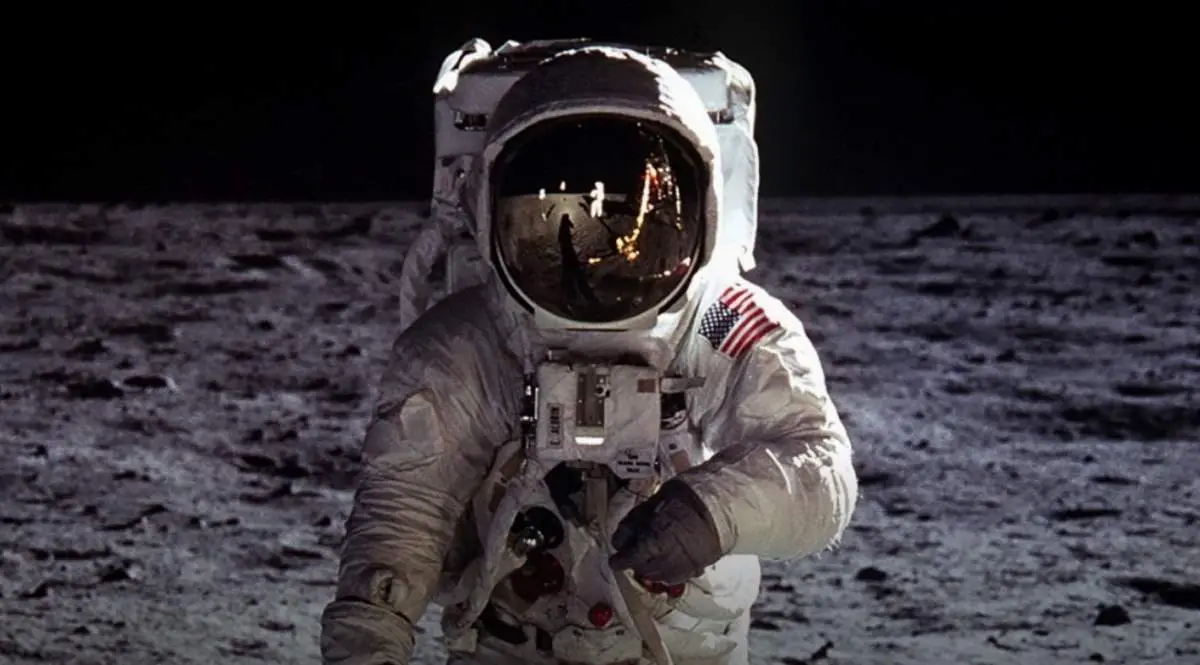
This is the actual photograph as exposed on the moon by Armstrong. He held the camera slightly rotated so that the camera frame did not include the top of Aldrin's portable life support system ("backpack").
A communications antenna mounted on top of the backpack is also cut off in this picture. When the image was released to the public, it was rotated clockwise to restore the astronaut to vertical for a more harmonious composition, and a black area was added above his head to recreate the missing black lunar "sky" (Related: Why there are no stars in space photos?). The edited version is the one most commonly reproduced and known to the public, but the original version, above, is the authentic exposure. This image was cataloged by NASA Headquarters of the United States National Aeronautics and Space Administration (NASA) under Photo ID: AS11-40-5903. Image: Wikipedia
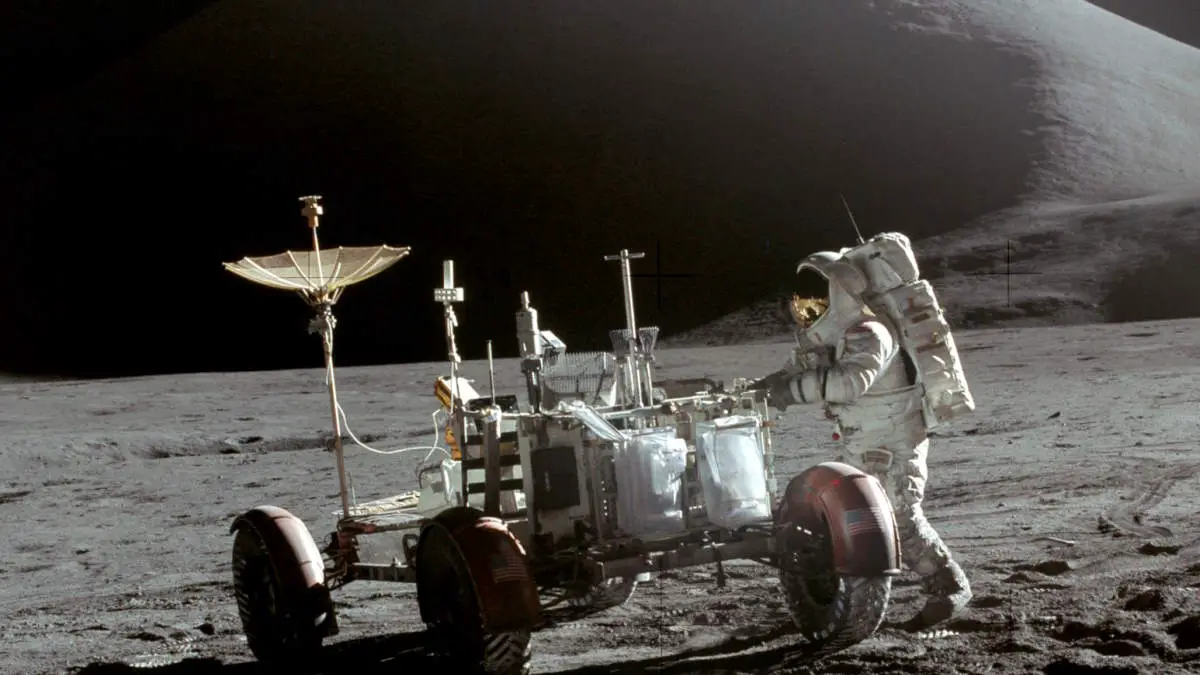
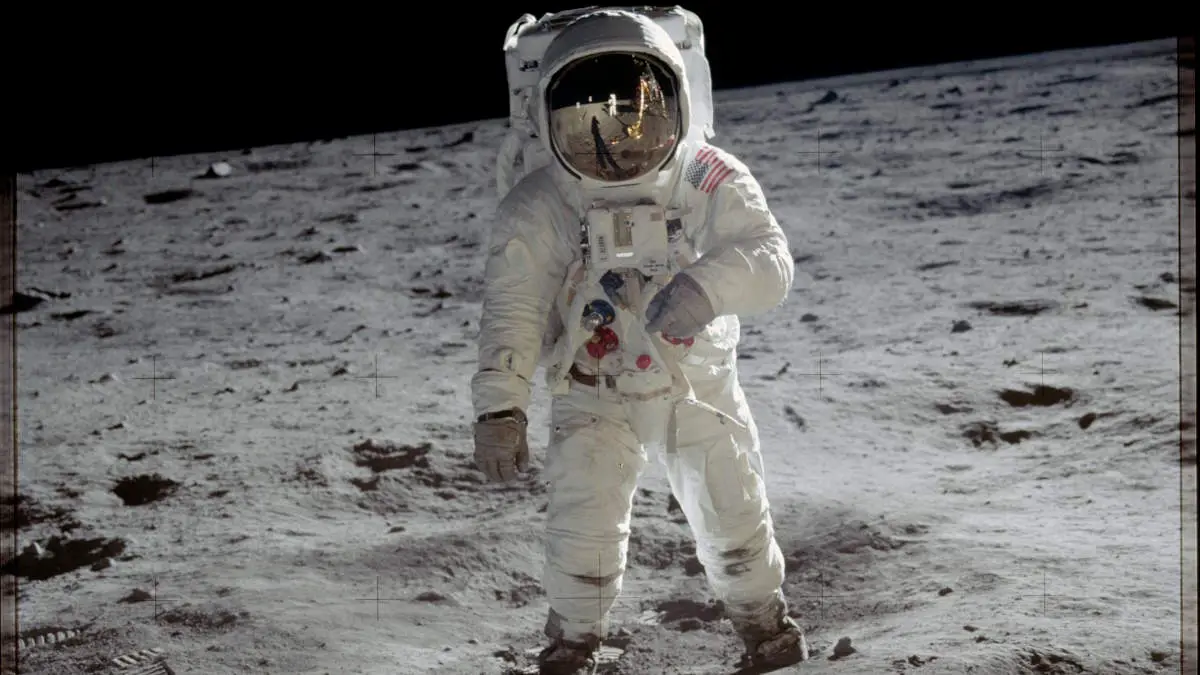
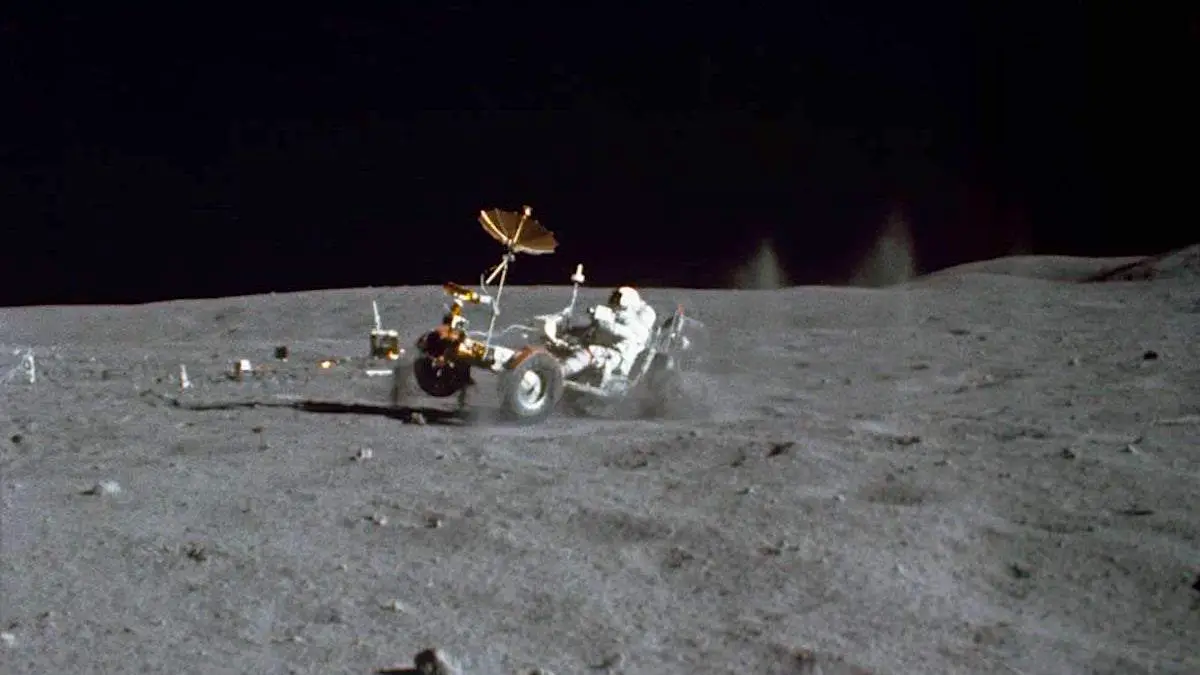
![Apollo 17 EVA-3 [December 13, 1972] - the last moonwalk](https://cdn-0.ourplnt.com/wp-content/uploads/2023/12/Last-Moonwalk-Apollo-17-EVA-3.jpg)
